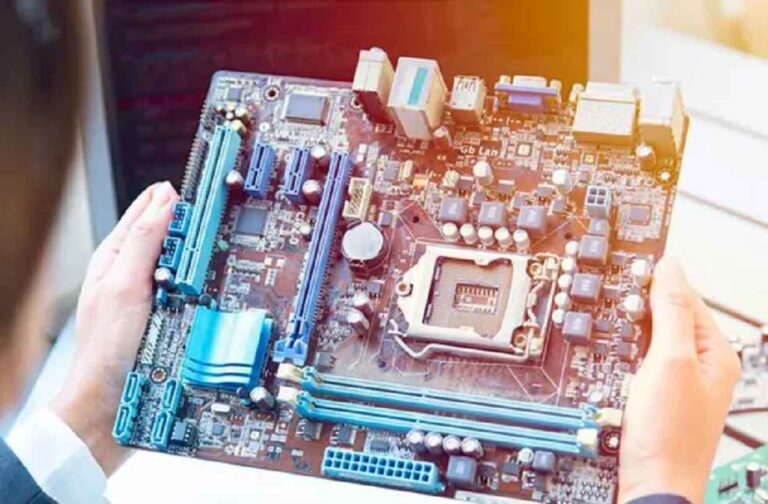Switzerland has expanded its export controls on dual-use items, focusing specifically on technologies such as quantum computing, semiconductors, artificial intelligence (AI), and additive manufacturing, as declared in a government statement on Wednesday.
As reported by Reuters, the Swiss government statement outlines new measures to bring Swiss export practices in line with international standards. The measures are designed to ensure that domestic industries and research institutions retain access to critical technologies. The initiative underscores a global trend in monitoring emerging technologies, paralleling actions recently taken by the United States and France.

In recent years, dual-use technologies—applicable in both civilian and military settings—have faced heightened scrutiny. It is evident in quantum computing, where regulations focus on critical components such as quantum processors, control electronics, cryogenic systems, and software with cryptographic potential.
The Swiss government stated that its new policy seeks to safeguard the ability of Swiss research and industry to develop and access advanced technologies while preventing misuse. This dual focus on security and competitiveness is increasingly central to global efforts in controlling quantum and emerging technologies.

As part of the initiative, the Swiss government intends to release a list of goods covered under the new export controls. Though the exact items remain unspecified, the goal is to offer transparency and direction to industries working in technology fields.
Switzerland takes a traditional approach to export controls, prioritizing alignment, access control, and compliance to manage risks tied to advanced technologies. This approach contrasts with frameworks like the AUKUS alliance— comprising Australia, the U.S., and the UK—which ease restrictions among trusted partners to accelerate defense research.
POLICY & LAW | U.S. Enforces 14% Reciprocal Tariffs on Nigerian Goods



